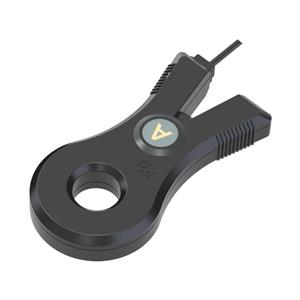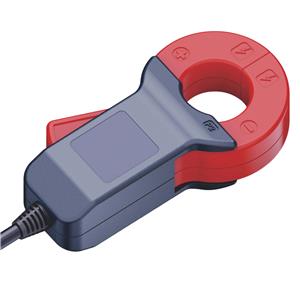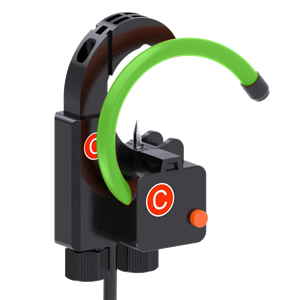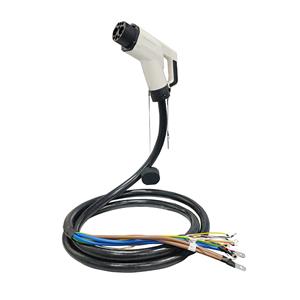Exploring the Significance of Current Sensors in Modern Electronics
Introduction:
In today's increasingly digital world, the need for accurate and reliable current measurement has become paramount. Current sensors play a vital role in various electronic applications, providing insights into power consumption, energy efficiency, and system performance. In this blog post, we will delve into the significance of current sensors, their working principles, and explore their widespread use in different fields.
Understanding Current Sensors:
Current sensors, also known as current transducers or current probes, are devices that measure the flow of electric current in a circuit. They convert an electrical current into a proportional electrical signal that can be conveniently measured and monitored. These sensors serve as critical components for current monitoring, control systems, and protection mechanisms in numerous industries and applications.
Working Principles:
Current sensors employ various techniques to measure current accurately. One common method is the Hall effect, where the sensor utilizes a magnetic field created by the current-carrying conductor. This magnetic field induces a voltage across a Hall element, which is then converted into an analog or digital output signal proportional to the current being measured. Other methods include shunt resistors, Rogowski coils, and current transformers, each catering to specific applications and current ranges.
Applications in Power Electronics:
In power electronics, current sensors are essential for monitoring and controlling power consumption in various devices. They enable accurate measurement of load currents in motor drives, inverters, and power supplies, facilitating efficient energy management. By closely monitoring current levels, these sensors contribute to better system design, fault detection, and overall system performance optimization.
Role in Energy Management and Conservation:
Current sensors also play a crucial role in energy management and conservation efforts. In smart grid systems, for example, they enable real-time monitoring of power distribution, helping utilities identify areas of high demand or potential energy wastage. By implementing precise current measurements at different points within the grid, energy usage patterns can be analyzed, leading to more efficient power distribution and reduced energy losses.
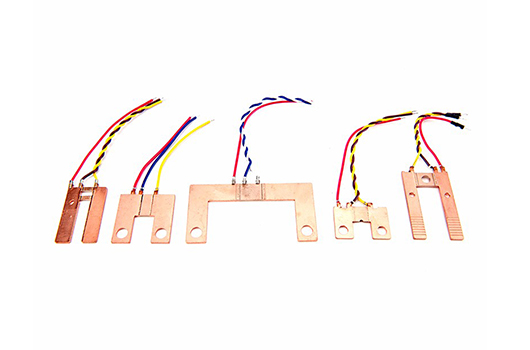
Industrial Automation and Robotics:
Another domain where current sensors find extensive use is in industrial automation and robotics. Robots and automated machinery rely on precise control of their actuators, which typically involve motors drawing varying amounts of current. Current sensors provide real-time feedback on motor currents, ensuring accurate positioning, torque control, and overload protection. Thus, they contribute to safe and efficient operations in industrial settings.
Conclusion:
As electronic devices continue to evolve and become more sophisticated, the importance of accurate and reliable current measurement cannot be overstated. Current sensors enable precise monitoring, control, and analysis of electrical currents in diverse applications, ranging from power electronics to energy management and industrial automation. With ongoing advancements in sensor technology, future innovations are likely to further enhance the role of current sensors, fostering efficiency, sustainability, and improved performance across multiple industries.

